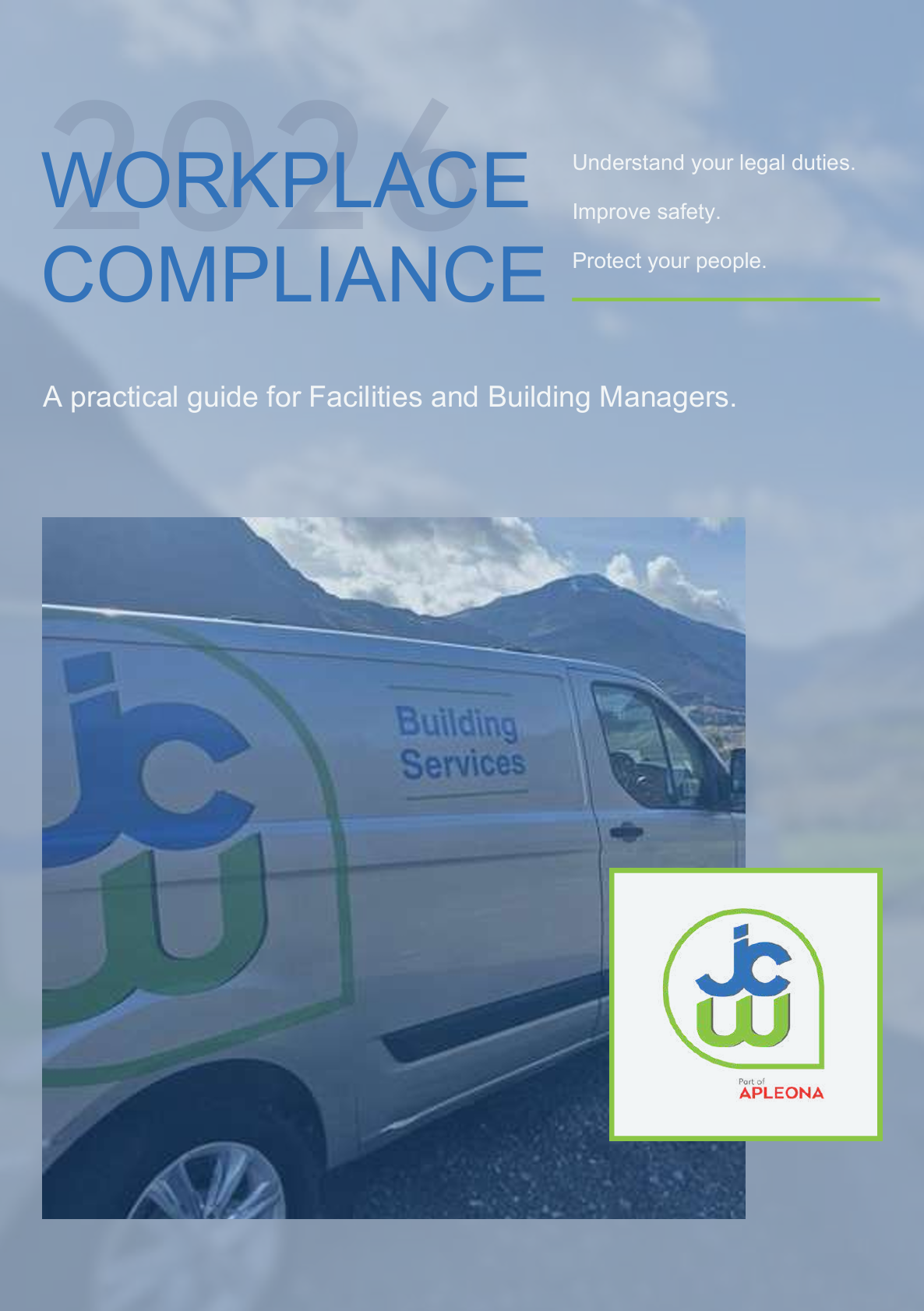Commercial heating services
/Service commercial heating systems before Autumn
After the recent few chilly and dull mornings, your staff may be noticing the temperature drop at the office, you may be thinking about turning on the gas heating soon. While you enjoy the last few milder days of Summer, getting your commercial gas heating systems checked is probably the last thing on your mind. With Autumn looming and JCW heating engineers preparing for their busy time again, there's still time to be the early bird and get your systems serviced before everyone else.
Neglecting to check on the health of your gas heating equipment will inevitably lead to breakdowns. Proactive maintenance coupled with routine checks ensure that equipment will run optimally when the time comes and prevent critical failures that may take days to repair. Commercial Building Managers will do well to keep a checklist at hand that will serve to avoid overlooking the various working parts of their gas heating systems.
It is vital for Building Managers to understand the process involved in heat generation, gas heating involves various mechanisms that work in unison to provide heating to premises. This blog discusses common causes of gas heating failure that are caused when key parts of your equipment become faulty.
Below are the causes of commercial gas heating failure that FMs need to keep in mind:
Corroded gas valves - Gas valves regulate the flow of gas from your supply line to your unit. When corroded, gas valves will provide an insufficient supply to your equipment and cause heating problems. Make sure that your engineer checks these as a part of a routine check-up and that they also ensure valves are in good shape. Debris or moisture in the gas piping are also known culprits of heating problems.
Combustion issues – Poor combustion in your gas heating system may cause irregular heating and also pose a health risk to building occupants. Inefficient combustion may lead to high levels of carbon monoxide in your premises, so be sure to have this included in your maintenance checklist.
Drop in water pressure – A drop in water pressure might indicate a leak somewhere in the water system, or that your boiler is experiencing pressurising issues. It is best to consult your service contractor to assess the situation and take corrective measures to get the system running optimally again. Bleeding your radiators are another possible cause in lost water pressure, so be sure to have your pressure checked immediately after you have had your radiators bled.
Cracked heat exchanger – Heat exchangers play a very important role in the safe and optimal provisioning of warm air to your building. Over time, heat exchangers may develop cracks that will result in insufficient heat supply and pose a health risk to occupants. Insufficient airflow to your system may cause the exchanger to overheat, which leads to stress caused by contraction and expansion of the heat exchanger.
Inaccurate time control operation – Faulty timers will cause your system to operate inaccurately and fail to provide the desired indoor climate. Older systems have mechanical timers that may become stuck due to dirt, dust or simply old age. Ensure your timers function correctly and test them regularly to avoid any nasty surprises. Remember, your thermostat plays an equally important role in the regulation of indoor temperatures and that periodic check-ups and tests will guard against your thermostat causing irregular heating.
Gas fired systems need periodic check-ups and regular maintenance to guarantee the provision of heating in a safe and efficient manner. Building Managers should ensure that they have a decent understanding of the working parts of their equipment, which will prevent unforeseen breakdowns that lead to extended downtime on equipment.
Apart from the complexity of gas heating systems, there are also different implementations of the technology, and Building Managers are well advised to educate themselves about the particular equipment employed at their premises. Remember that a proactive approach is the best answer to ensuring you get the very best out of your heating equipment in the most cost and energy efficient manner.
To find out more about our commercial gas heating system services click here.












